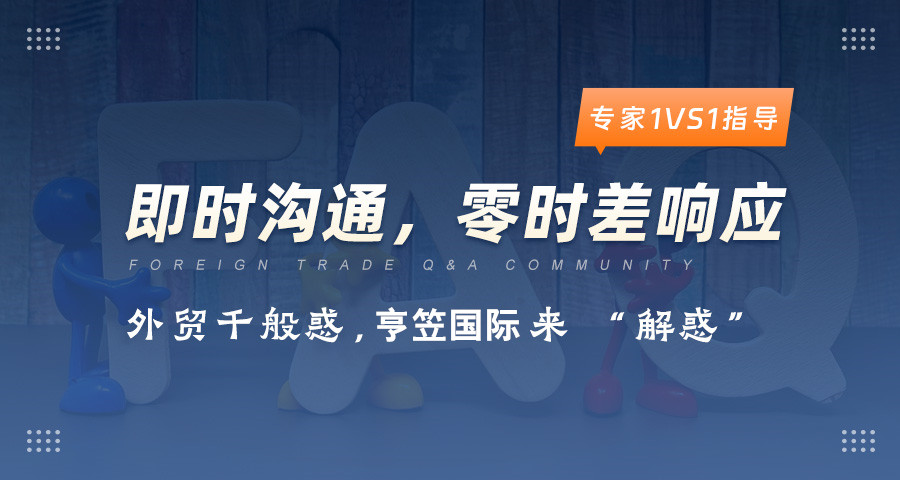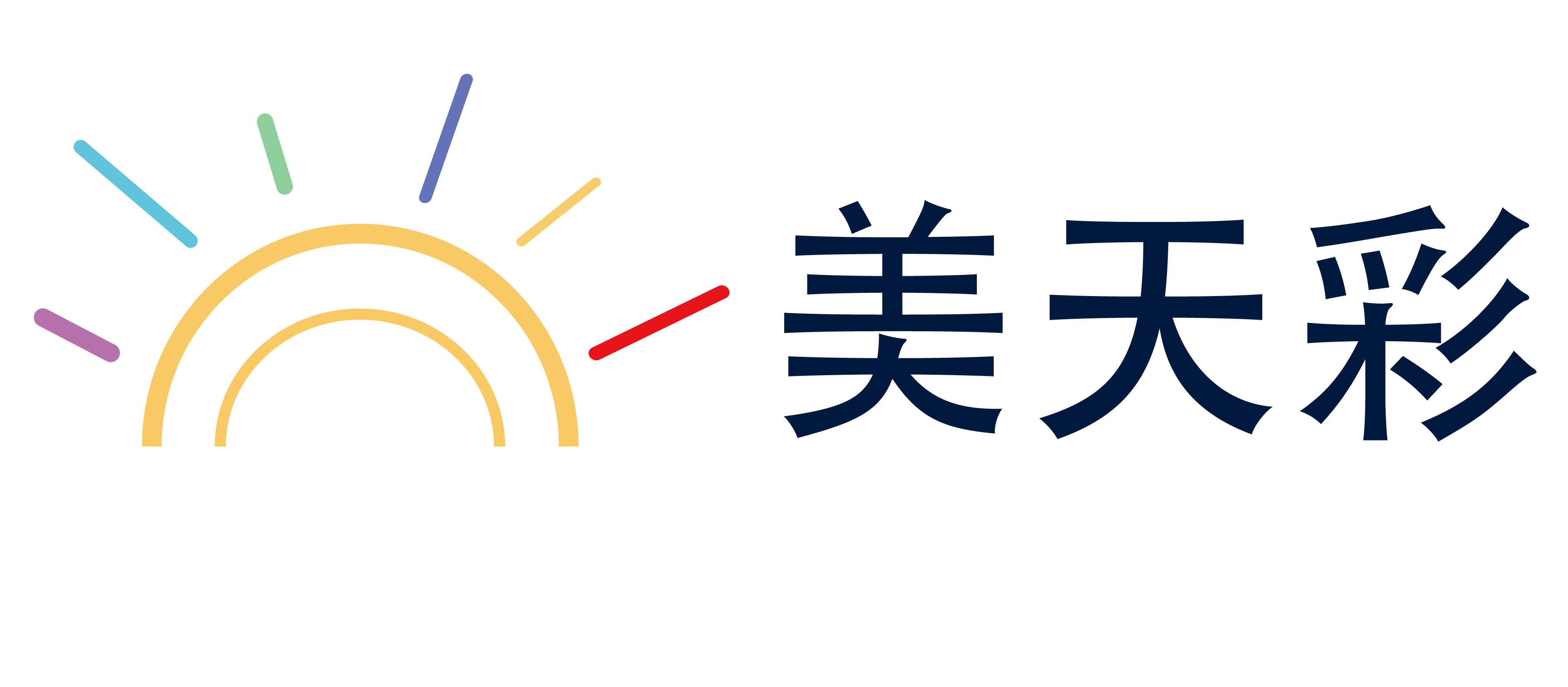越南化妆品合规法规要求有哪些
Vietnam Cosmetics Compliance Regulations
Vietnam has established comprehensive regulations for the production, labeling, and distribution of cosmetics to ensure public health and safety. These regulations are designed to protect consumers from harmful products and promote the development of the cosmetics industry in line with international standards. Below is an overview of the key aspects of Vietnamese cosmetics compliance regulations.
1. Overview of Vietnamese Cosmetics Regulations
The Vietnamese cosmetics market operates under the framework established by the Vietnamese Ministry of Health (MOH). The regulations are divided into two main categories: raw material regulations and cosmetic product regulations. These regulations aim to ensure that cosmetic products meet safety, quality, and efficacy standards.
2. Raw Material Regulations
Under the Vietnamese cosmetics regulations, raw materials used in cosmetic products must comply with strict safety standards. The MOH has issued detailed guidelines for the import, production, and labeling of raw materials used in cosmetics. Key areas covered include:
- Raw Material Classification and Certification: Raw materials are classified into different categories based on their potential hazard level. Each category requires specific certification and documentation to ensure safety.
- Essential Oil and Extracts: Essential oils and plant extracts used in cosmetics must comply with purity and potency standards. The MOH has designated certain plants as allowable sources for specific cosmetic ingredients.
- Colorants and Preservatives: The use of colorants and preservatives in cosmetic products must adhere to specified limits and standards to prevent allergic reactions and skin irritation.
3. Cosmetic Product Regulations
The cosmetic product regulations focus on ensuring that finished cosmetic products meet safety, quality, and efficacy requirements. Key aspects include:
- Product Registration and Labeling: Cosmetic products must be registered with the MOH before they can be sold in Vietnam. The labeling of products must include the manufacturer's name, address, product name, ingredients, and other relevant information.
- Production Standards: Cosmetics factories must follow strict production standards, including quality control measures, to ensure that products meet safety and efficacy requirements.
- Control and Inspection: The MOH conducts periodic inspections of cosmetic product production facilities and distribution channels to ensure compliance with regulations.
4. Import Management
Import of cosmetic products into Vietnam is subject to strict regulations. Importers must provide necessary documentation, including product certifications, MSDS (Material Safety Data Sheets), and compliance statements. The MOH will inspect imported cosmetic products to ensure they meet Vietnamese standards before granting clearance.
5. Compliance Requirements
To ensure compliance with Vietnamese cosmetics regulations, manufacturers and distributors must:
- Obtain necessary certifications and licenses from the MOH.
- Adhere to labeling requirements to provide accurate and complete information to consumers.
- Participate in periodic inspections and corrective actions as required by the MOH.
- Comply with quality control measures at all stages of production, from raw material to finished product.
6. Challenges and Considerations
While Vietnamese cosmetics regulations provide a robust framework, there are challenges and considerations for international companies:
- Regulatory Updates: The regulations are subject to periodic updates, so companies must monitor changes and ensure their processes are up to date.
- Cultural and Language Barriers: Understanding Vietnamese regulations may require additional training and translation services.
- Distribution Channels: Distributors must comply with local regulations and maintain proper documentation throughout the supply chain.
7. Conclusion
Vietnamese cosmetics regulations are designed to protect consumers and ensure the quality and safety of cosmetic products. By understanding and complying with these regulations, manufacturers and distributors can build consumer trust and operate effectively in Vietnam's competitive cosmetics market. Companies that are serious about succeeding in the Vietnamese market must take the time to understand these regulations and integrate compliance into their business practices.
上述信息,涵盖图片、视频以及各类文字资料,美天彩仅扮演信息存储的角色。若存在任何侵犯知识产权或其他合法权益的情形,请立即联系我们删除,切实维护您的权益。
郑重声明
- 延伸阅读:
- 上一篇:丹麦化妆品质量控制的合规要求
- 下一篇:捷克化妆品配方变更的合规要求

Experts Q & A
外贸专家答疑
为了帮助您更快地解决问题,建议向我们的外贸专家进行咨询,提供专业的方案咨询和策划。


马上留言 (0) 0